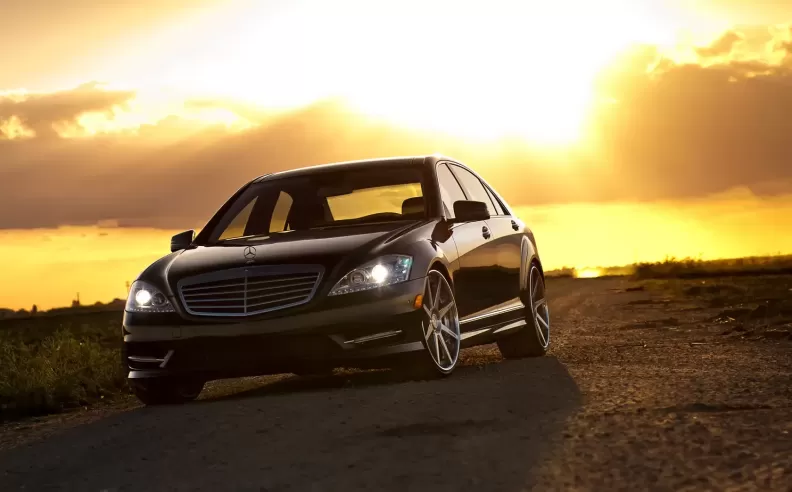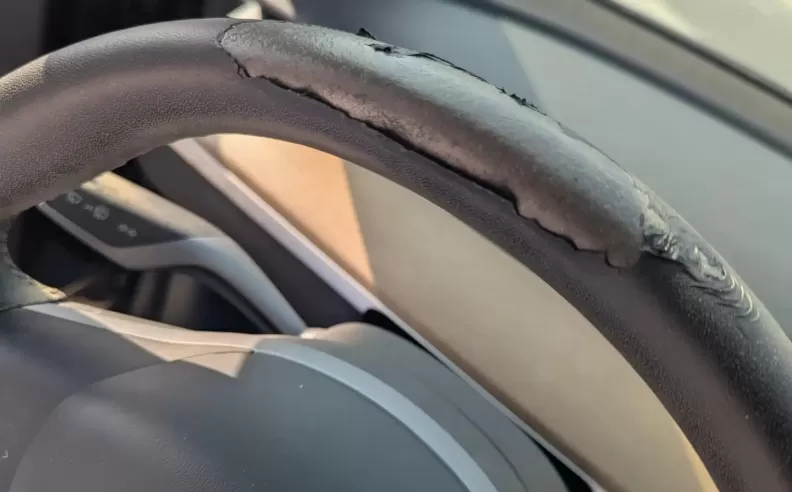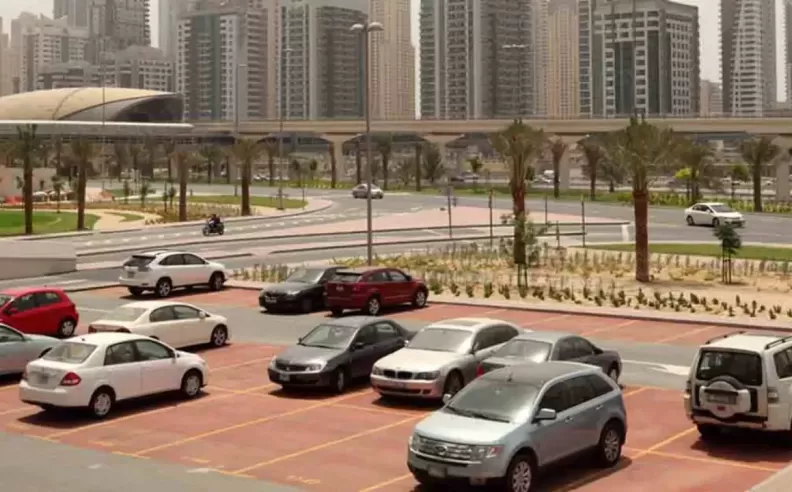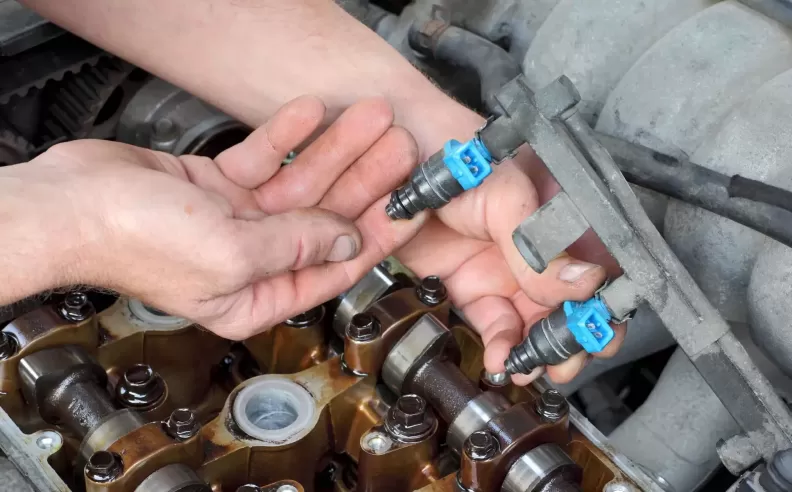
The Gulf Cooperation Council (GCC) is known for scorching summers where temperatures often rise above 50°C. For car owners across Saudi Arabia, the UAE, and the wider Gulf, a common worry is whether vehicles can actually melt under this extreme heat. The short answer is no, but the intense climate does create serious risks for tyres, interiors, batteries, and other vital components. Understanding how heat impacts your car and what can be done about it is key to keeping vehicles safe and reliable year round.

Cars are built with steel, aluminum, and heat resistant plastics. Steel melts at about 1,370°C, aluminum at 660°C, and most plastics above 200°C. Even in the hottest summers across Saudi Arabia, outdoor temperatures never go beyond 55°C. While that means a car cannot literally melt, smaller parts like plastic trims or rubber seals can warp or crack when exposed to direct sunlight for long periods.

Tyres are at the top of the list. Road surfaces can heat up to 70°C, putting older tyres at risk of blowouts if pressure is not monitored. Batteries also struggle because electrolyte fluid evaporates faster in heat, leading to sudden starting issues. Interiors take heavy damage too, with dashboards cracking, leather drying out, and paint fading under strong UV rays. Even engine oil, coolant, and brake fluids thin out faster, raising the chances of overheating during long drives.

Yes, petrol evaporates more quickly in high heat. If the fuel tank is not sealed properly, drivers lose fuel efficiency and even face safety risks. Extreme heat also strains performance, as cooling systems work harder and engines run hotter. For electric vehicles, batteries can overheat if not managed with advanced cooling, cutting into driving range and long term battery life.
Manufacturers selling cars in Saudi Arabia, the UAE, and other Gulf countries equip their vehicles with stronger cooling systems, upgraded air conditioning, and UV protective glass. Some even use heat resistant battery designs to handle extreme conditions better. However, imported cars not built for the GCC climate often lack these protections, which is why choosing a Gulf spec vehicle provides added safety and comfort.
Cars in the GCC will not melt, but summer heat can shorten their lifespan if not managed. Regular checks, shaded parking, and protective coatings make a major difference. With proper care, cars remain reliable even under the toughest Gulf summers.

Started my career in Automotive Journalism in 2015. Even though I'm a pharmacist, hanging around cars all the time has created a passion for the automotive industry since day 1.
